INTRODUCTION:
Marias letter to new gardeners
Keep it simple, keep it simple, keep it simple and dont use chemicals.
WELCOME, new gardeners! Welcome, not-so-new gardeners, too. (Theres stuff for all of you in this book.)
When you are just starting out, a garden can seem so daunting and overwhelming. We old-time gardeners sometimes forget that. After many years at it, our gardens practically take care of themselves. This is important for you new gardeners to keep in mind as you start out.
If I think back, I can still remember that expanse of tough green grass spreading in front of me like a blank canvas. At the time, as I stood with shovel in hand, making a garden seemed impossible. Yet a few short years later, I feel as if I live in the middle of a garden paradise. It really doesnt take too long or too much effort to turn your yard into your dream gardena place where all you need is a bit of puttering around to make it look fabulous every year.
Here in this book, Ive laid out the steps for you in simple terms, from starting your own seeds to creating new garden beds without breaking your back. Before you know it, youll be lounging in the shade with a cool drink, surrounded by your beautiful flowers, vegetables, and herbs, as the birds entertain you for free.
Here are my best tips for starting out fresh:
- Organic gardening is easy. Dont complicate it!
- There are no magical secret formulas. (And dont buy any in a box, either.)
- Build up your soil with compost and mulch, and place your plants where they enjoy living.
- Bugs are your friends. Sure, some of them are signs of trouble. But mostly they are trying to tell you that something isnt right.
- Whatever you do, dont use toxic chemicals! Go to the source of the problem and find a natural solution.
Finally, dont forget to take the time to play in and enjoy your creation. Thats pretty much it. Mistakes will be made. Its not the end of the world. Plants will mysteriously die. Some may even try to invade your yard. Rabbits and deer will eat things you dont want them to eat. Forgive yourself. Forgive nature. Its all part of the learning process. Hopefully youll find this guide to spring gardening a helpful companion on your journey. Happy organic gardening! Maria Rodale
 10 THINGS I HAVE TO PLANT EVERY YEAR (NO MATTER WHAT)
10 THINGS I HAVE TO PLANT EVERY YEAR (NO MATTER WHAT)Spring is a time to start over and try new things, but after 30 years of gardening, there are the tried-and-true that simply must be planted every year. This is partly because I make dishes from them that last all year in my freezer, and partly because they are just much fresher than anything bought, even from my local farmer. This is my list:
- Basil. Not the fancy kinds (although I do like to plant at least one purple basil because its so good and pretty in salads). Genovese basil. For pesto. For sauce. For salads. For whatever, whenever, pinched off right before dinner, if possible.
- Tomatoes. Of course! No gardener worth his or her salt wouldnt plant them. Here I need an assortment: paste, heirloom yellow and green, and, of course, some big fat red ones. Yum. I put them all in my sauce.
- Savoy cabbage. Its hard to find good organic savoy cabbage, so I grow a whole bunch of heads. I then have a cabbage blanching and freezing day because this is the key ingredient in fooey, a Christmas dish from my father-in-law. Savoy cabbage blanched and sauted with garlic, topped with fried anchovies and fried dried cayenne peppers. The recipe is on my blog, and its so good you wont believe it. You must use savoy cabbage for this.
- Cayenne peppers. For the fooey, of course, but also for putting on pasta and in soups. They are so easy to dry, and I need a good supply to last all winter. The other thing I love about cayenne peppers is they never trick you into thinking they might be sweet peppers one look at them and you know they are hot.
- Shelling peas. Grrrr. This is my nemesis, since I adore them so much and find them so hard to grow welleither because my trellising stinks or the birds and bunnies eat themand there are never enough. The kids love them, too. For me, its the whole reason to garden, and this year if its the last thing I do Im going to grow peas. Lots of them.
- Green beans. Like peas, so superior to anything you can buy when you eat them fresh off the plant. Green beans, however, I find very easy to grow. So they are a reliable performer and they freeze well, too (when blanched).
- Sweet peppers. Here I like green and red ones that really look like sweet peppers so you dont get fooled into eating a hot pepper by accident (which I dont mind but the kids do). I like them fresh, roasted, raw, or cooked (with sausage!).
- Parsley. Flatleaf Italian for the roasted peppers, for salad, for anything. In the summer, I love to make a mixture of fresh chopped herbs, salt, olive oil, and a bit of fresh chopped garlic to put on top of fish, chicken, or steak. Its so simple and so deeply satisfying.
- Garlic. As long as you can remember to plant it in fall, its the easiest thing you will ever grow.
- Wild card. Every year there is something I simply must plant that is not on the annual listits included because of my mood or a meal I ate at a restaurant. Some years, its potatoes. Some years, its those flat Romano pole beans. It would be beets if anyone else ate them other than me! What will it be this year? Im thinking its a pole-bean year. But I might change my mind. And thats one of the best things about gardening: For the price of a pack of seeds, I can do whatever I want in my little plot-o-land. And then I get to eat it!
 THE IMPORTANCE OF ORGANIC
THE IMPORTANCE OF ORGANIC14 Reasons Why You Should Never, Ever, Ever Use Chemicals Again
If by now you still arent convinced that totally organic is the way to go, here are 14 good reasons why you should never, and I mean never, use chemical fertilizers and pesticides on your property or anywhere else.
Admit it, the first sight of an ugly bug and you just want to get something to kill it and kill it fast. Or maybe your plants look scrawny and you dont want to bother with figuring out why and a dose of Miracle-Gro seems like the quickest way to get results. (You didnt realize that Miracle Gro is a chemical? It is.)
You may think that a little bit of chemicals here and there wont hurt you or anybody else. Whats so bad about a little Miracle-Gro here and a little Roundup there?
It all adds up, thats what. According to the Environmental Protection Agency, in 2007 homeowners spent more than $12.5 billion dollars on pesticides for the home and garden. Ironically, its not even necessary.
If you ever needed a reason not to use chemicals in your yard, here are 14 of them:
- They smell really bad. I mean it. The smell of fertilizers and pesticides practically ruins the spring nursery-shopping experience. The places are full of it and it stinks and people complain about compost. Ha!
- They can make you and your family and your pets and the wildlife sick. S-I-C-K. Nausea, vomiting, skin rashes, leukemia and other cancers, weakened immune systemslovely, have some more, dear! They can also potentially make us infertile as a species.
- They leach into the groundwater and pollute our drinking water, making people, animals, fish, and birds sick. S-I-C-K. (See above.)


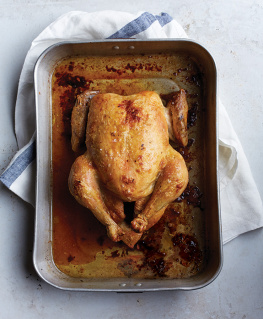
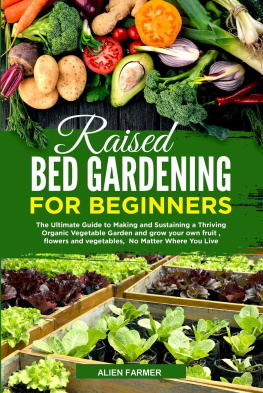
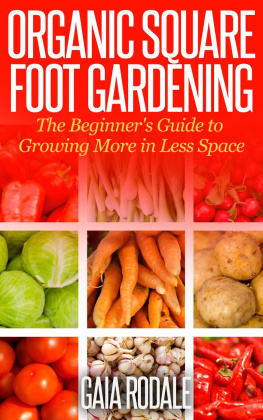
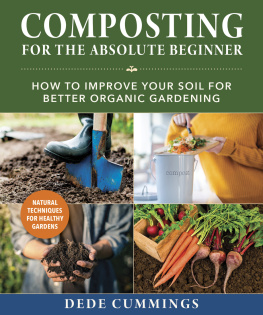
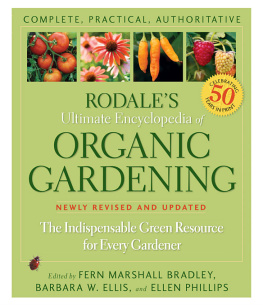
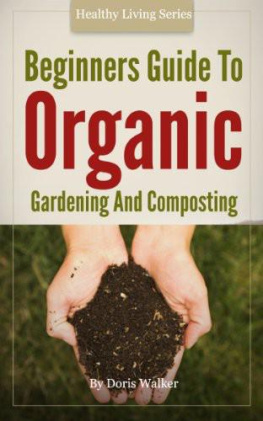
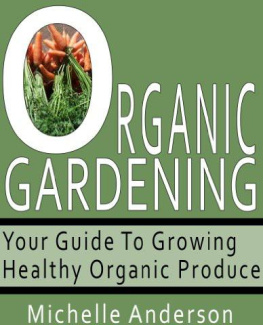
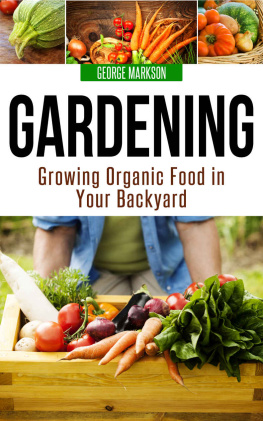
 10 THINGS I HAVE TO PLANT EVERY YEAR (NO MATTER WHAT)
10 THINGS I HAVE TO PLANT EVERY YEAR (NO MATTER WHAT)